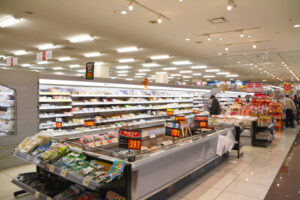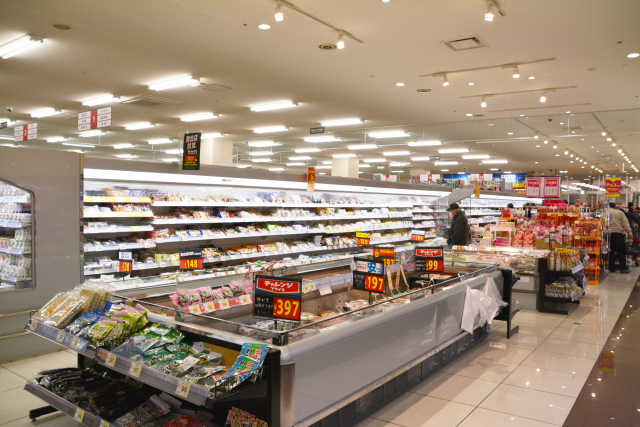
If you’ve ever been to a Japanese supermarket like Ito Yokado, Aeon, Seiyu, or Max Valu, then you’ve probably noticed the elevator-style music they play on the speakers throughout the shop. Well, maybe it’s a bit cheerier than elevator music, and sometimes synthesized, but it’s definitely generic and so nondescript that you almost don’t notice it until you realize you’re humming it on the way home.
This kind of music is actually used not just in supermarkets but also in electronics specialty shops, discount stores, hundred-yen shops, and lots of other kinds of stores. You probably think its only purpose is to provide some background cheer, and maybe to keep the store from feeling awkwardly quiet…but you’d be wrong.
Japanese netizens say that this “cheap”-sounding music was specifically chosen for a reason. According to Twitter user Keisuke Fujita (@sato310sss), who saw a TV segment about it, the music of grocery stores is actually intentionally crafted to subconsciously encourage customers to shop there.
I – Word Understanding
Synthesized – electronically generated and/or modified
Nondescript – typical and uninteresting
II – Have Your Say
Did you know?
Elevator music, more commonly known as Muzak, came to use in the 1922 with original purpose to calm the fearful passengers who used the elevators for the first time. … It has been proven that some kinds of elevator music can psychologically make buyers to shop longer and browse items more easily.
1, What kind of music do you hear in the following shops? How does each affect you?
a, Elevator
b, Supermarket
c, Electronic Shop
d, Convenience Store
e, Don Quijote
f, Restaurant
g, Others
2, Aside from background music, what are the other things these shops do to encourage shoppers to spend more? Are those effective on you? What do you do to avoid unnecessary / impulsive buying?
788 Here’s why Japanese supermarkets play “cheap” background music all day, according to Twitter


